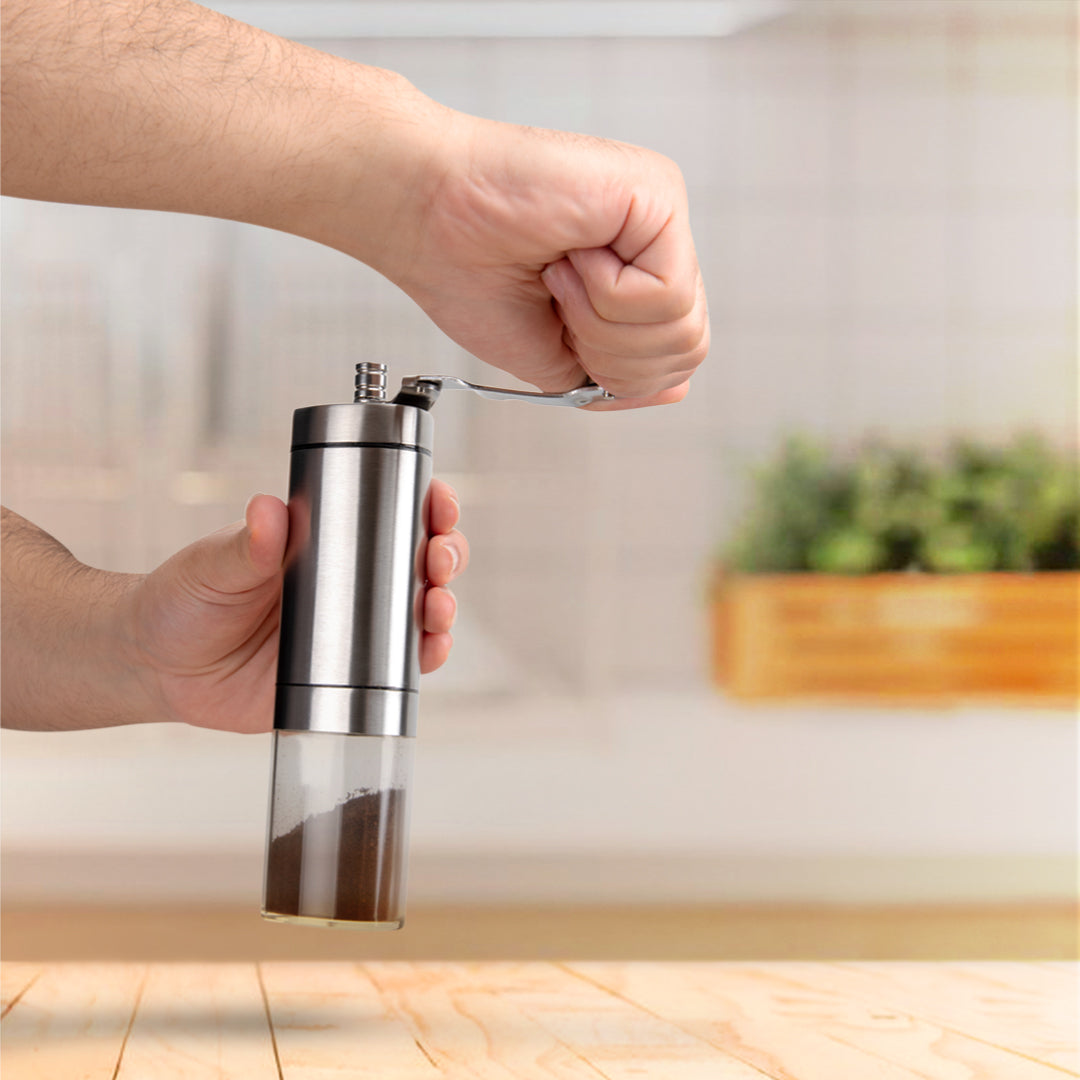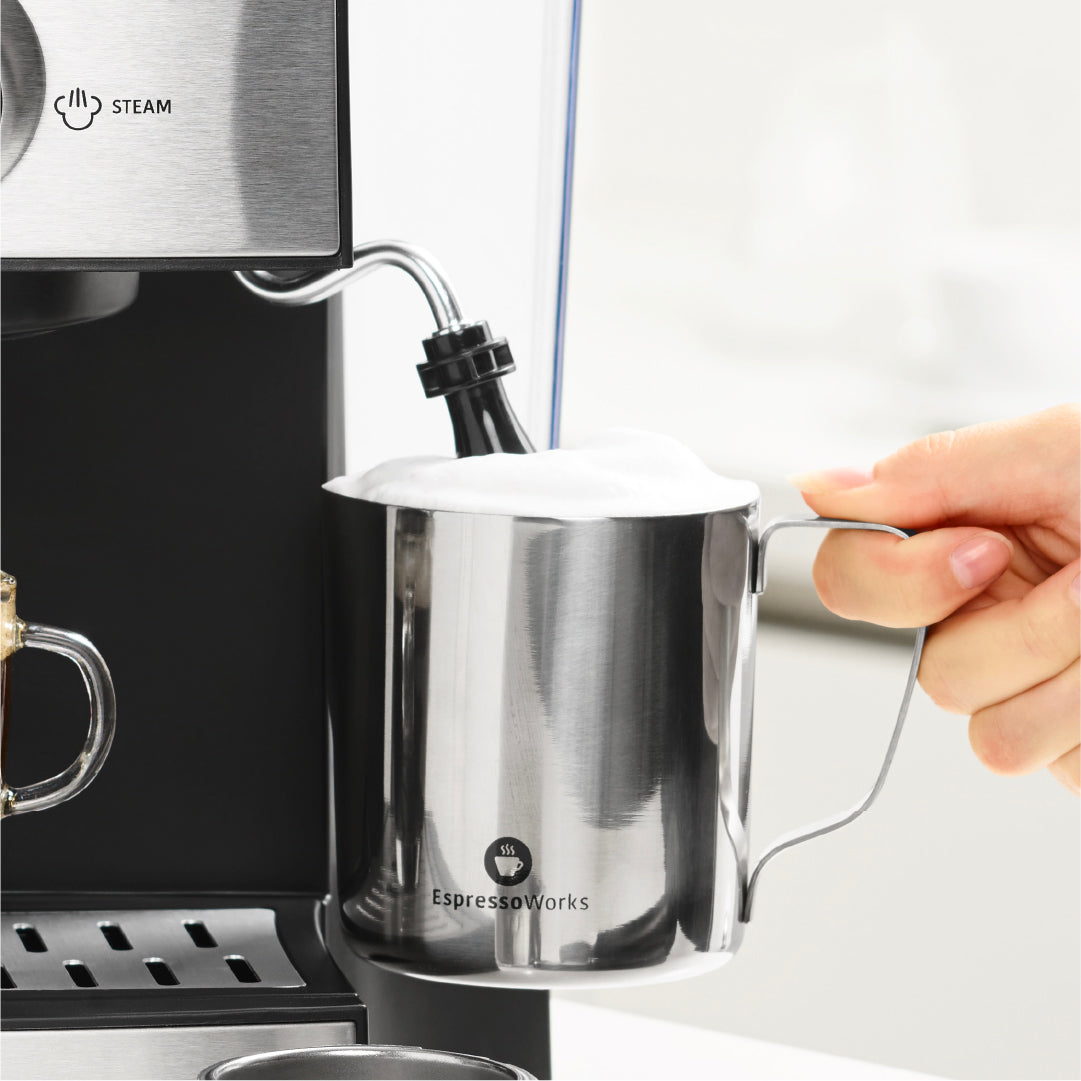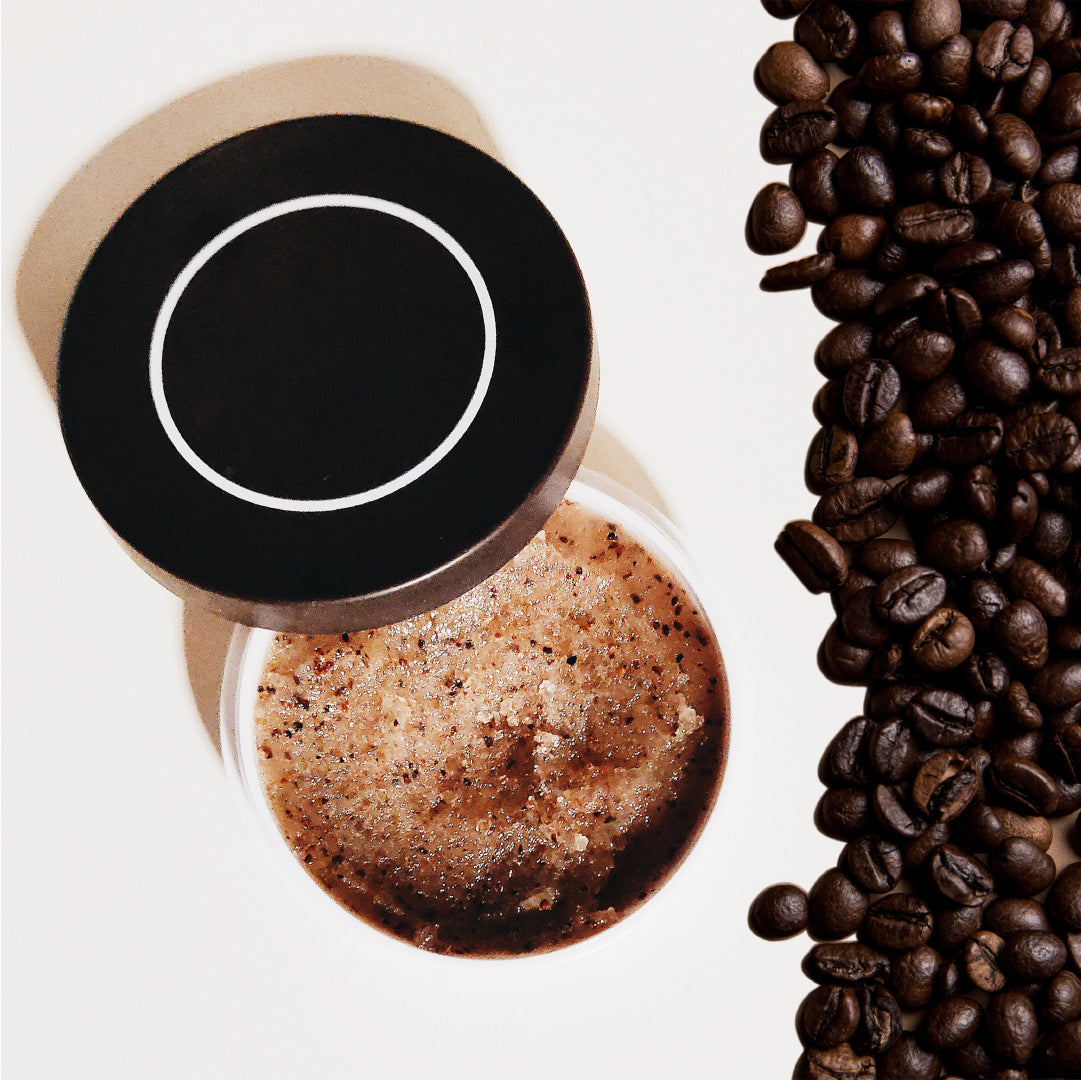
What Are The Benefits of Grinding Your Coffee
Coffee loses its freshness because of the process known as oxidation. The more that oxidation occurs, the more freshness coffee loses — and oxidation is accelerated when the coffee is ground up. This means that coffee that is brewed ten minutes after the beans are ground up is going to have a lot more freshness than pre-ground coffee that has been sitting in a can for weeks.
ANSWERED: How fresh should coffee beans be?
One of the advantages of using a burr grinder is the fact that it allows baristas to determine what type of grind they want, be it a fine grind, a medium grind, or a coarse grind. If one is brewing espresso or Turkish coffee, an ultra-fine grind is needed. But with French press coffee, on the other hand, the grind is course. And if a barista wants to use a French press one day and an espresso maker the next, a burr grinder is versatile enough to accommodate that.
Another advantage of using a burr grinder has to do with the extraction process when coffee is brewing. Extraction is when, during brewing, the flavor is pulled from the grounds. Coffee that has the right amount of extraction will have the best balance and the best taste, and a burr grinder makes it easier to get the type of grind that encourages the best extraction.
Burr Grinder vs. Blade Grinder
Once a barista has sworn off pre-ground coffee and made a commitment to only purchasing whole-bean coffee, the question typically asked is: “What type of bean grinder should I get? Do I want a burr grinder or a blade grinder?” And baristas who prefer burr grinders have a variety of reasons why they consider them superior to blade grinders.
Burr grinders and blade grinders do not handle coffee beans the same way. A blade grinder spins the beans and chops them using blades, whereas a burr grinder sends the beans down a narrow pathway and grinds them consistently. Whether a barista is looking for an ultra-fine grind for espresso or Turkish coffee or a coarse grind for French press coffee, the key to getting coffee with a balanced flavor is a consistent and uniform grind — and a burr grinder makes that possible. A blade grinder does not make a distinction between grind sizes, whereas a burr grinder does.
What Type of Burr Grinder Is The Best?

Once a barista has sworn off pre-ground coffee, vowed to stick to whole-bean coffee, and decided to purchase a burr grinder rather than a blade grinder, the next question becomes, “What type of burr grinder should I get?” And the options include manual burr grinders and electric burr grinders, both of which have their advantages. One advantage of an electric burr grinder is convenience; grinding beans by hand is more work. But manual burr grinders are easier to travel with as well as more affordable. A manual burr grinder of decent quality can be found for around $20 or $25; a decent electric burr grinder can cost $100 or more. Also, electric burr grinders are noisier, which can be an issue if one is brewing coffee early in the morning and lives with someone who sleeps later.

A manual grinder is useful if one does a lot of traveling or needs to grind coffee beans outdoors.
Other Considerations When Buying A Burr Grinder
Burr grinders can be either steel or ceramic, and both have their advantages. Steel burrs tend to dull more quickly than ceramic burrs, and dull burrs can alter the taste and aroma of coffee. Ceramic burrs are less expensive to produce and therefore, ceramic burr grinders can be less expensive than steel burr grinders. But one advantage of a steel burr grinder is that burrs are less likely to chip if a small rock or stone gets mixed up with the beans.
As the market for gourmet coffee increased during the 1990s and 2000s, whole-bean coffee became more and more popular — which increased the demand for bean grinders. And for baristas who have developed a strong preference for burr grinders, nothing else will do when they are ready to grind up their coffee beans.









Share:
8 Delicious Milk Alternatives for Coffee to Try
French Press: Best How-To Tips, Techniques, and Creative Uses